Representations of Foreign English Teachers in Colombian Newspapers: A Critical Discourse Analysis
Palabras clave:
Native-speakerism, non-native English teachers, native English teachers, representations, critical discourse analysisResumen
In an effort to increase the English proficiency level of their citizens and thus become more competitive in the global economy, many Latin American countries have resorted to the importation of foreign English teachers to support local English teachers in schools. The phenomenon has been widely documented by the Colombian press, which still exerts a strong influence on people’s opinions. This article reports the results of a study which explored the representations of these foreign fellows in three major Colombian newspapers published between 2010 and 2015 and the linguistic mechanisms employed to represent them this way. The study drew on critical applied linguistics theories and used Fairclough’s (1992) model for critical discourse analysis. The analysis reveals a systematic attempt on the part of the Colombian press to represent these foreign teachers as superior which is achieved through the use of several mechanisms such as stressing the foreign teachers’ foreignness and voluntariness; raising their status from inexperienced teachers to tutors, advisors and benefactors; making them the actors; and attributing them super powers. It is concluded that by doing this, newspapers are contributing to the discrimination of local English teachers, perpetuating native-speakerism, and disregarding the enormous benefits of having local English teachers in the educational system, among other aspects.Descargas
Archivos adicionales
Publicado
2022-03-30
Cómo citar
Correa, D., & Flórez, I. (2022). Representations of Foreign English Teachers in Colombian Newspapers: A Critical Discourse Analysis. Revista Signos. Estudios De Lingüística, 55(108). Recuperado a partir de https://revistasignos.cl/index.php/signos/article/view/638
Número
Sección
Artículos
Licencia
Aquellos autores que tengan publicaciones con esta revista, aceptan los términos siguientes:
- Los autores conservarán sus derechos de autor y garantizarán a la revista el derecho de primera publicación de su obra por medio de este documento de cesión de derechos de autoría, el cuál estará simultáneamente sujeto a la licencia de reconocimiento de Creative Commons que permite a terceros compartir la obra siempre que se indique su autor y su primera publicación esta revista.
- Los autores podrán adoptar otros acuerdos de licencia no exclusiva de distribución de la versión de la obra publicada (p. ej.: depositarla en un repositorio institucional o publicarla en un volumen monográfico) siempre que se indique la publicación inicial en esta revista.
- Se permite y recomienda a los autores difundir su obra a través de Internet (p. ej.: en publicaciones institucionales o en su página web) antes y durante el proceso de envío, lo cual puede producir intercambios interesantes y aumentar las citas de la obra publicada. (Véase el efecto del acceso abierto).










